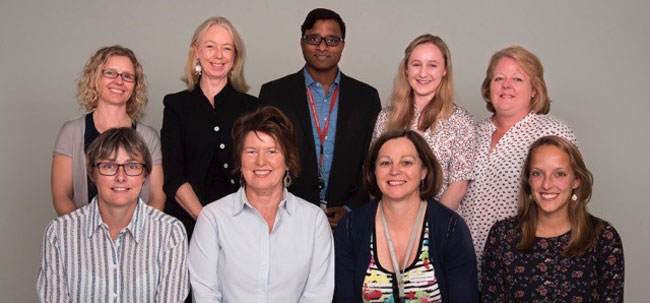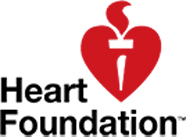About the 17prem study
Modern neonatal practice has significantly improved outcomes for children born very preterm.
However, as they grow up, they are at increased risk for a range of neuro-developmental problems that impact on both home and school life.
A Canterbury team has been studying the brain and behavioural development since birth, of 110 children born very preterm along with 113 term born peers.
This study will ask the adolescents, now aged 17 years, about their psychological health and examine aspects of brain development in order to identify ways to intervene early and improve outcomes for preterm born children and their families.
This study will contribute to greater understanding about the effects of very premature birth on neurodevelopmental pathways over childhood and into adolescence at an important phase of developmental transition.
The prospective longitudinal study design improves our ability to identify neonatal and environmental risk factors along with protective factors that influence the development of children and adolescents born very preterm.
This is important since the adverse neurological, psychological and educational disabilities faced by very preterm children pose major challenges for parents, health and education specialists responsible for the follow-up care of these children.
This is particularly relevant at age 17, as they launch into the next phase of increasing self sufficiency.
Dissemination of the findings from our study is an important focus as we wish to inform not only early intervention providers but also schools and primary care providers who are often the first port of call for families in the community.
The 17prem study so far
Our study is well underway with the team having seen 46 young people and their parents so far.
We plan to see the remaining 150 preterm born and control 17 year olds over the next 2 years.
Families are contacted when the young person turns 17 and they are invited to spend a day with us at Terrace House and at Christchurch Hospital.
What does taking part in the study involve?
We have some fun surveys to complete on the computer at home before they arrive.
The day starts with a full neuropsychological assessment. We then test cardiovascular and respiratory fitness while riding a bike.
We offer a hard earned lunch.
Next we test heart function with an echocardiogram, check body growth and fat stores and measure large blood vessel health with a carotid echo.
The day ends with a psychiatric assessment.
The young person is sent home wearing a 24 hour ECG monitor.
We also find out from parents about any changes in their family and domestic situation and also what is happening at school/course.
Teachers complete a brief online questionnaire about the young person's general emotional and behavioural wellbeing and classroom skills.
Thanks to those who make the study possible
We wish to thank all the families who continue to participate in this study – it is a huge commitment and we are very grateful for their continued support.
We also thank our funders: The Neurologocial Foundation of NZ, The University of Otago, The Neonatal Trust, The Paykel Trust, The Heart Foundation of NZ and the Canterbury District Health Board.
The 17prem Study Team
- Dr Stephanie Moor
- Associate Professor Nicola Austin
- Karelia Levin
- Nicola Ellis
- Trish Graham
- Dr Sarah Harris
- Dr Kiran More
- Dr Tracy Meltzer
- Professor Richard Troughton
- Professor Lianne Woodward (now in Boston).






